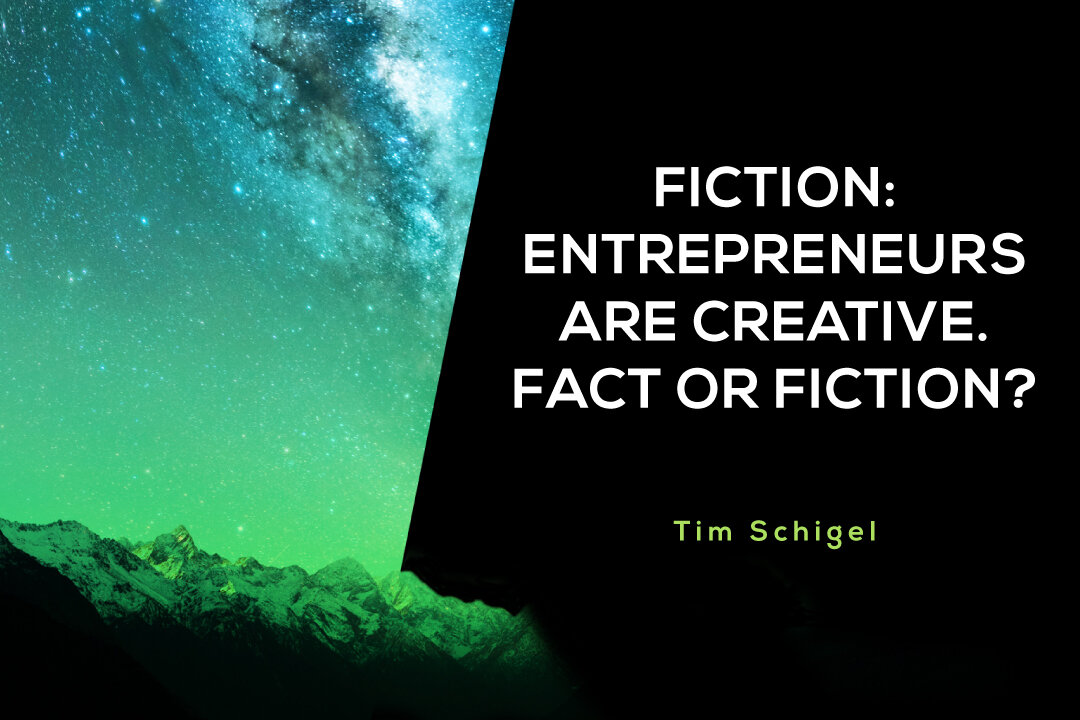As an entrepreneur, it’s essential to keep developing your communication, business, and, most importantly, your leadership skills. With the uncertainty and craziness of COVID-19 affecting our physical and mental health, and our economy, leadership within a company is needed now more than ever. You need to continually challenge yourself by improving skills like self-discipline, agility, problem-solving, and above all, creativity, which is the leeway to innovating your business, reaching a global scale—and sustaining it.
In today’s extremely competitive business world, it is not enough to just create great new products. The market rewards innovative products that solves customers needs and desires, with the right business model, and launched at the right time, and then deliver a breakthrough product that completely changes the game. If you want to redefine the market, you need to break the rules.
Incremental improvements in product capabilities are rarely sufficient to produce the growth that a venture-backed company requires. Companies that become market leaders tap into the customer experience in a way that leads to breakthrough capabilities. It’s usually done by somebody who studied that market deeply and are intimately familiar with the unspoken needs of the customer. Here at Refinery, we want to support entrepreneurs that shift the paradigm and go beyond just solving customer needs–we want to help them solve the unspoken needs, the ones that will transform the customers’ businesses.
Your Surprising Superpower – Reading Fiction
But how can you develop ways to have unique insights into both problems and solutions? It could be helpful to look at the world through a variety of lenses that are non-obvious. Afterall, it’s likely that thousands of people before you have studied that obvious data. What approach can you add to your toolbox that gives you that special advantage? Reading more fiction.
Many entrepreneurs think that their business can only be improved by reading about other businesses and entrepreneurs and their stories. And it makes sense, because when you have leaders like Warren Buffet, who reads 500 pages a day, recommending mostly non-fiction books, you want to follow their lead. But don’t forget that inspiration can also come in unexpected ways, like immersing yourself in fictitious worlds.
According to the Harvard Business Review, research shows that when we read, we work different parts of our brains and strengthen different cognitive muscles. Reading fiction is one of the best methods for developing empathy, theory of mind, critical thinking, and creativity. It also helps us predict increased social acuity and gives us a sharper ability to understand other people’s motivations.
So, how exactly do I think reading fiction help you improve your performance at work and become a better leader?
First, reading fiction can refuel you. It can often take you out of your problems, give you an escape from your problems and stresses, and give you the energy to refocus yourself. I’m a big fan of the Bourne series by Robert Ludlum, and every time I read one of these novels, I feel myself being taken to another world that’s full of risk-taking, heart-pumping action. It energizes me, get my adrenaline flowing, and after that distraction, I find that I’m more efficient and productive in solving work issues.
As a leader, being stressed can negatively affect how you build your business, so you want to minimize workplace stress as much as possible. According to a study from the University of Sussex, reading a novel reduces stress levels by 68%—better than listening to music, taking a walk, or having a cup of tea.
Secondly, reading fiction makes you a better problem solver. Research from the University of Toronto claims that reading fiction is like a computer simulator for your brain—it allows you to gain a broader understanding of others. Examining characters, plots, and settings outside of the office helps facilitate difficult discussions and work out issues openly and honestly.
Lastly, you can become inspired by characters, which leads to becoming more empathetic and a stronger role model. As a leader, you want others to look up to you. Reading about different characters and how they deal with things can help you think about your own personality and behavior. According to Stephanie Vozza, research from York University shows that “Imagining a character’s situation can help you become more empathetic toward people in real life. That’s because when you read a story, you connect to personal experiences.”
Expanding Your Horizons Like The Medici
In the 15th century, the Medici—a wealthy Florentine banking family—used their wealth to bring together a wide range of people such as artists, thinkers, architects, and philosophers, which resulted in a phenomenon called The Medici Effect. It states that when ideas from different people, disciplines, and sources intersect, creativity and innovation occur. In the 15th centure, having a diverse crowd with different skills resulted in a cluster of innovation and sparked the Italian renaissance.
The same can happen in entrepreneurship. If you diversify your reading, and take in knowledge from all types of fiction, you could find yourself contributing or solving problems in new and innovative ways. You could develop the newest product that will change the market, or solve the huge pain point that has been plaguing your customer service team. Either way, taking in influences from fiction will open up your mind.
Adding Fiction To The Reading Stack
So what’s being added to the reading stack? Well, I like to look at some of the most successful people in our generation, and see what they’ve recommended.
Elon Musk claims he learned to build rockets by reading, and talks about how The Hitchhikers Guide to the Galaxy made him understand that asking the right questions can help you “understand the universe.”
Barack Obama told the New York Times that “if you learn how to listen to people’s stories and can find what’s sacred in other people’s stories, then you’ll be able to forge a relationship that lasts,” and that his interest in politics and public service has always been merged with storytelling. He shares a list of his favorite books here.
And in this blog, Bill Gates lists his favorite books and talks about what he gained from each one, from de-stressing to learning how to handle difficult conversations to making the best of your surroundings.
Maintaining creativity is like going to the gym—once you stop working out, you lose strength and flexibility. Read more fiction, spend time in novels with a variety of views and types of people, and you’ll pave the way for more open discussions, more brainstorming, and more innovation.



